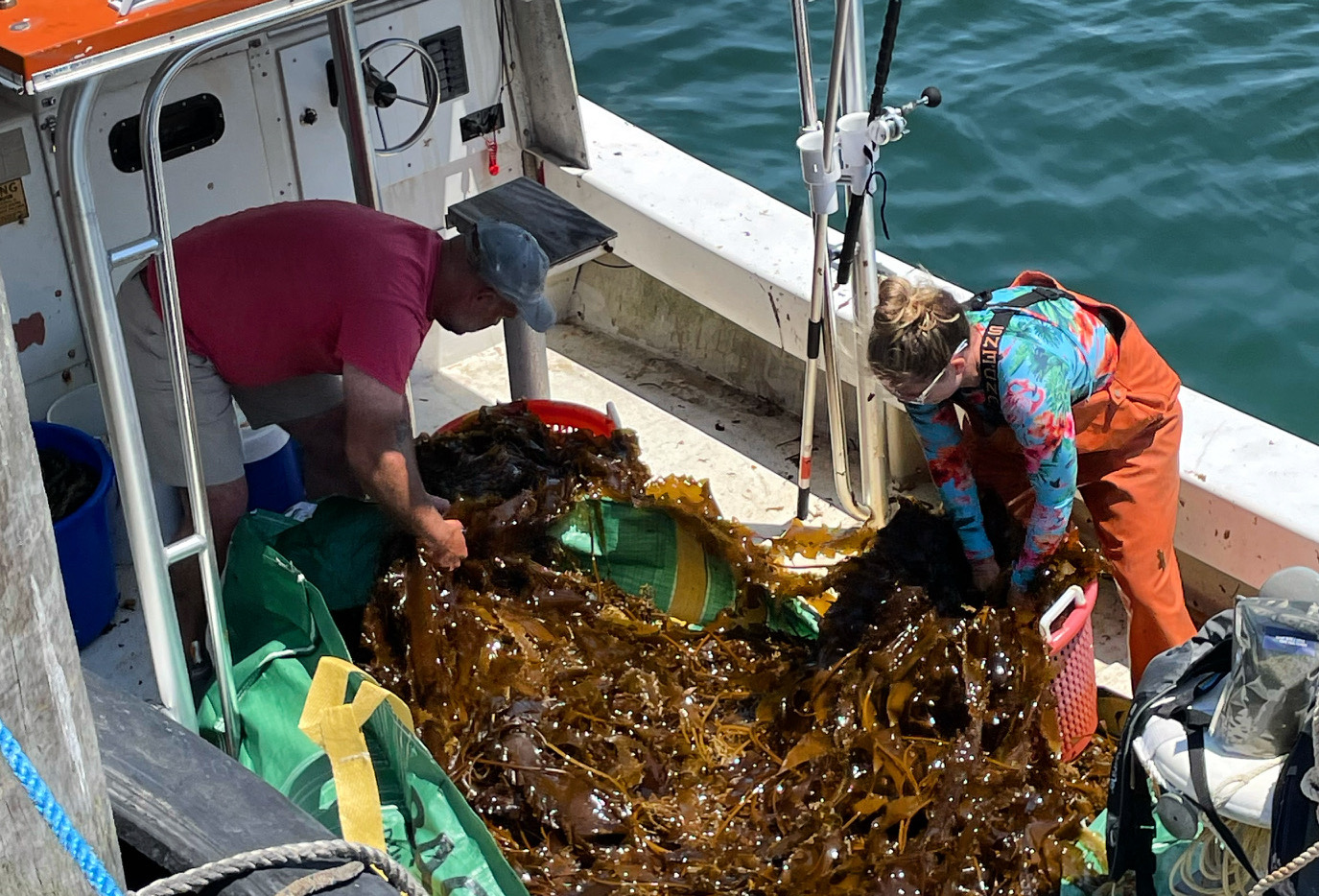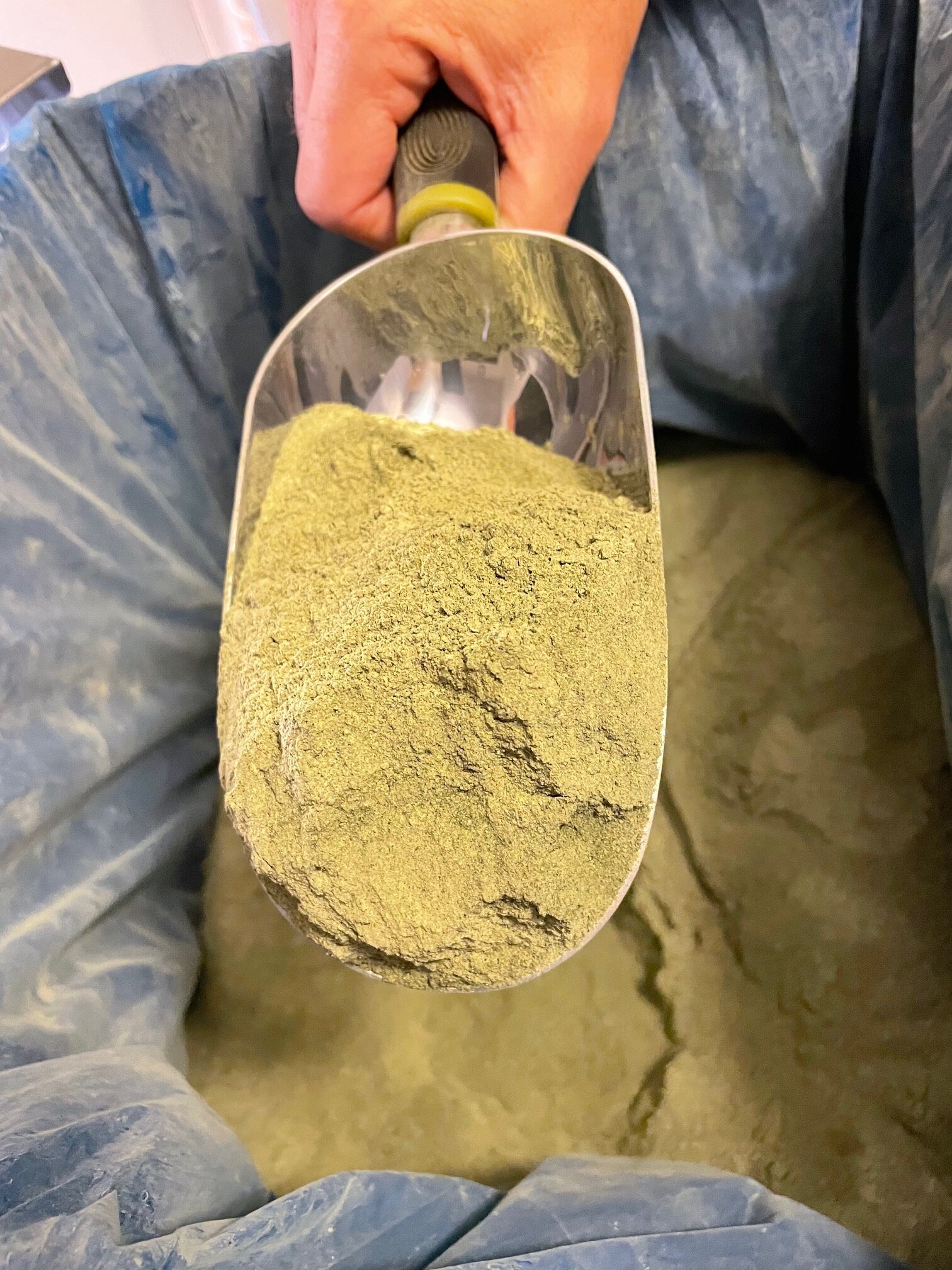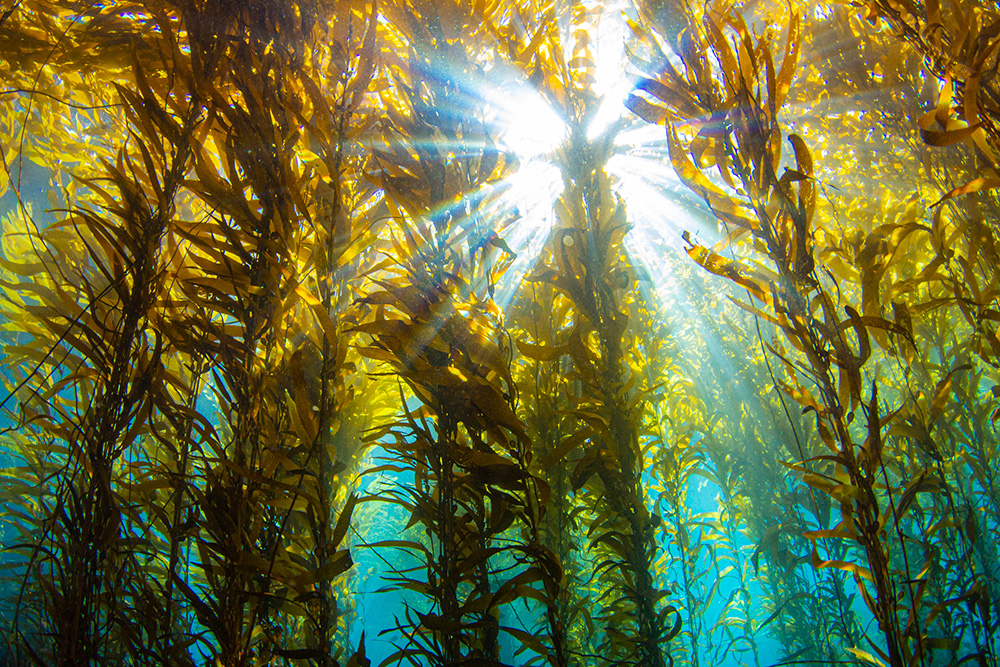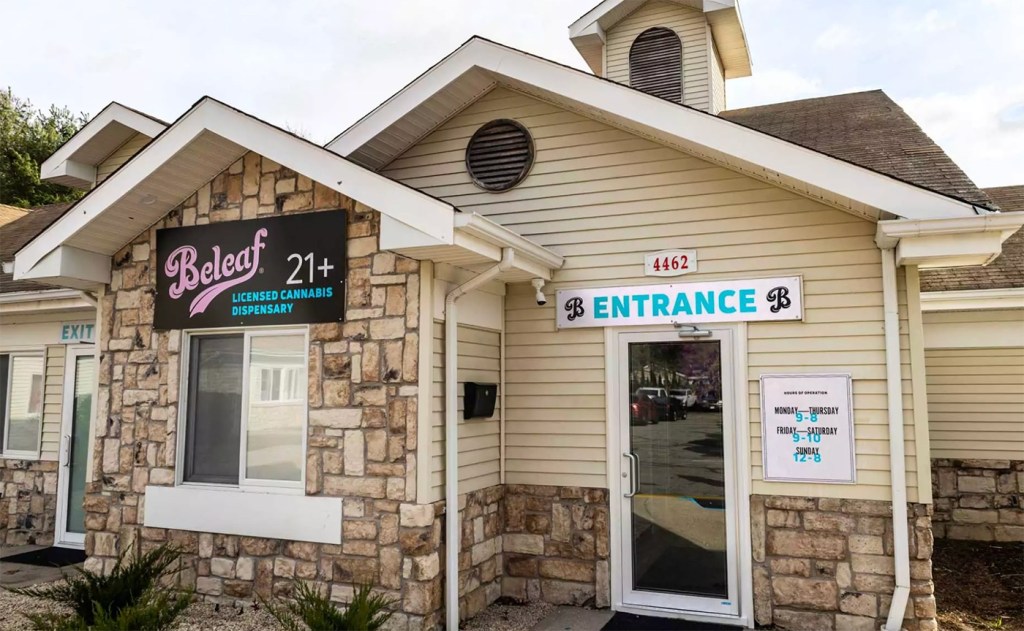FoodLab Bites into Kelp as Food & Fertilizer at Stony Brook Summit

Stony Brook’s newly expanded FoodLab program is taking a deep dive into the topic of kelp and its future as an important crop on the East End at their upcoming Sea to Soil Summit next Friday, April 21 at the school’s Southampton campus.
The three-hour program, from 1–4 p.m., explores the value of brown sugar kelp as an excellent fertilizer with a 10,000-year local history, as a flexible food product, and even as a vehicle for filtering impurities and toxins out of the waters where it grows.
FoodLab Director of Education Judiann Carmack-Fayyaz, who joined Stony Brook in October to help expand the FoodLab program, says she learned about the school’s experimentation with kelp to fertilize vegetables, and she saw them drying seaweed in the greenhouse.

She then got to talking with environmentalist, Dock to Dish founder and Montauk Seaweed Supply Co. partner Sean Barrett who proposed the idea of creating a symposium, and then suggested Chris Gobler from Stony Brook’s School of Marine and Atmospheric Sciences (SoMAS) as the event’s keynote speaker.
Both Gobler and Barrett have had involvement in FoodLab when it was a successful annual conference and not a year-round program covering food from all angles, from farm to table and everything in between.
“It’s become an interesting issue that I find fascinating,” Carmack-Fayyaz says, pointing out that two camps have arisen around whether or not locally grown kelp could be used for food, or if it’s only suited for use as fertilizer and for cleaning area waters.

“Originally this symposium was mostly talking about kelp being used as fertilizer, but now we’re moving into the food space as well, just because it’s a touchy subject out here,” she says, explaining that several kelp farmers are already operating out here, so suggesting it’s not a valid food source could be harmful to their business.
Without naming names on either side of the kelp argument, or getting too far into the criticisms of why the seaweed might not work for eating, Carmack-Fayyaz says there’s an excellent debate to be had on the topic and she hopes to see it play out live at the symposium.

“I think that this would be the perfect opportunity to discuss different points of view. And to back it up with science and policy, and regulations and evidence from experimentation and experts,” she says, adding that brown sugar kelp can be used in smoothies, and is a key ingredient in dashi broth for miso soup and other delicious and nutritious dishes.
“There are lots of ways to use kelp, including as a salad or an ingredient … I guess also you can use it for a kombucha kind of drink as well,” she continues, noting that it all lives right here in East End waters.

“It’s really fascinating. It grows for five months and you get these 12-foot lines of sugar kelp, and they are amazing for the water remediation and cleaning up the bays,” she muses, pointing that an adult oyster can filter over 50 gallons of water per day, and kelp can filter even more.
Taking that idea to the extreme, Carmack-Fayyaz says there are efforts currently underway to see if kelp would work to clean up Brooklyn’s Gowanus Canal, which was designated as a federal superfund site thanks to a buildup of coal tar and other contaminants from its long history of industrial pollution.
“It is really, super cool,” she says, calling kelp a “crop of the future,” adding, “It can clean the waters, feed people, feed the soil and go back into the water as a natural product — and we haven’t even explored it as a fuel, so I just see it as this resource that is up and coming with so many applications.”

Sea to Soil Summit Kelp Events
Following an introduction with Carmack-Fayyaz, the Sea to Soil Summit will feature the keynote speech by Gobler, an Indigenous presentation by Shinnecock Kelp Farmers explaining the 10,000-year local history of using kelp as fertilizer, Patty Gentry of Early Girl Farm speaking about the flavor profile of vegetables grown with kelp in the soil, seafood technology specialist Michael Ciaramella, a talk with Montauk Seaweed Supply Co., Edwina von Gal of the Perfect Earth Project discussing the expanding community of area horticulturists and landscapers now using locally produced kelp products.
NY State Assemblyman Fred Thiele Jr. will give the closing remarks.
To take part in the Sea to Soil Summit and truly get to know and understand kelp and its implications for the future, visit thefoodlab.org and register.



